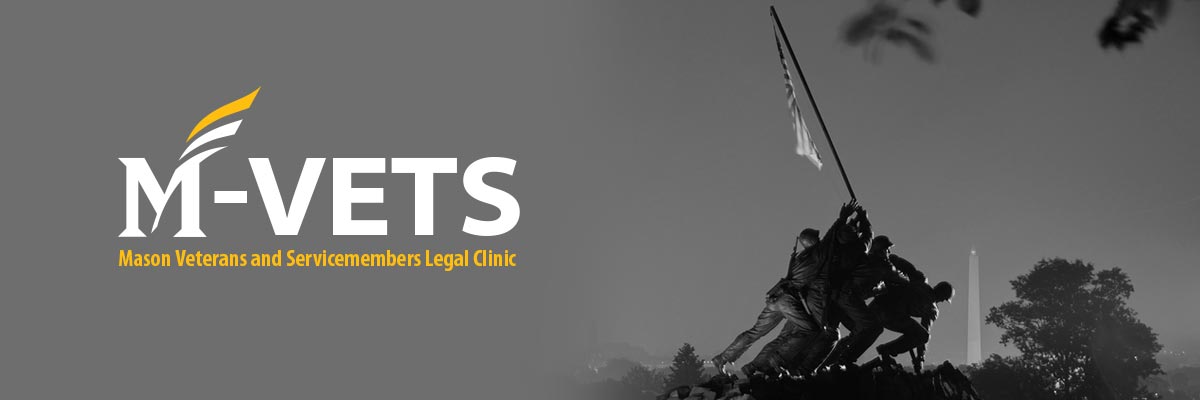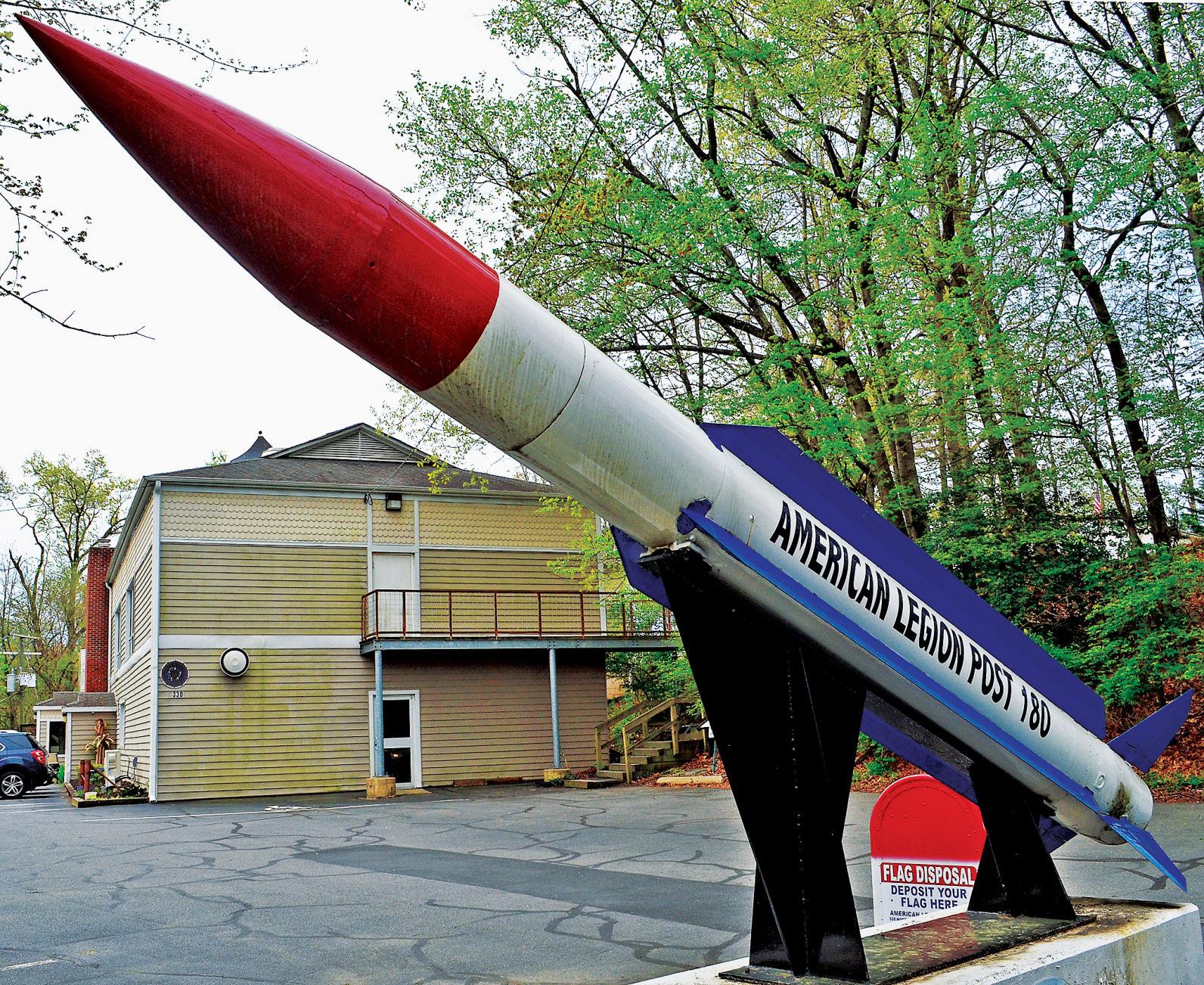Local American Legion posts hopeful new law will boost membership ranks
“After research and talking with families of those who died in the Cold War days, it gives closure to those who lost family members defending our country when it wasn’t called ‘war,’” he said.
Following the bill’s Senate passage in June, Sinema’s Website quoted Brett Reistad, who now is finishing up his stint as the American Legion’s national commander.
“The passage of the LEGION Act by the U.S. Senate is a clear message of the respect they hold for the American Legion,” said Reistad, a Manassas resident who belongs to American Legion Post 270 in McLean. “Passage of the LEGION Act will permit the American Legion to honor the military service of so many.”
Post 270’s current commander, Marshal Hyman, agreed the new law opens up membership options.
“I think there were people who wanted to be members and couldn’t qualify, and the American Legion wanted more members,” he said. “The rules are set by U.S. legislation and signed by the president.”
Post 270’s membership now stands at 370, although some members are not active, Hyman said. The post recently gained between 50 and 70 members because Post 18 in Washington, D.C., has been meeting at Vinson Hall Retirement Community in McLean and recently renewed its membership via Post 270.
“It is a bit early to tell, but [the LEGION Act] gives the American Legion a much larger population to draw from and many will want to join because they are now eligible,” said Post 270 member W. Glenn Yarborough Jr., who added the new law may boost the post’s membership by about 10 percent.
Congress chartered the American Legion in 1919. The federal government’s 12 formerly unrecognized war periods that involved active-duty U.S. military personnel, but precluded them from joining the legion, included:
• Greek Civil War (1946-1949).
• Chinese Civil War following World War II.
• China Cold War (ended in 1972).
• Cold War (1947-1991).
• Lebanon Crisis of 1958.
• Bay of Pigs invasion in Cuba (April 1961).
• Cuban Missile Crisis (Oct. 16 to 28, 1962).
• Dominican Civil War (1965).
• Iran Hostage Crisis (Nov. 4, 1979, through Jan. 20, 1981).
• Salvadoran Civil War (1980-1992).
• The bombing of La Belle discotheque in West Berlin, Germany, on April 5, 1986.
• Libyan Conflict (July 24, 1987, through Sept. 26, 1988).
The new law will aid the American Legion, which has been suffering from dwindling rolls in recent years, said Bob Romano, commander of Post 139 in Arlington.
Post 139 has had difficulty recruiting members who served in the Iraq and Afghanistan wars, but the organization is taking several steps to improve that situation, he said.
The post, in collaboration with Arlington Partnership for Affordable Housing, is finalizing the sale of its building at 3445 N. Washington Blvd., which will be knocked down early next year to make way for new post facility topped by about 160 affordable-housing units, half of which will be intended for veterans. That building is stated to open in spring 2021, Romano said.
The new post will be about half the size of the current one, but will be state-of-the-art and designed to attract younger, professional members, Romano said. The post also will offer legal assistance with counselors from the George Mason University Law School and provide employment assistance for veterans who’ve just finished active duty, he said.
Dellinger, who belongs to Post 180 in Vienna, said the group’s membership has grown over the past few decades to about 680 people. Under the new LEGION Act, the post now can recruit from a wider swath of veterans, he said.
“What veteran wouldn’t want to be a part of the nation’s largest [veterans service organization] that does so much to promote patriotism, assist our active duty and veterans, and the youth that is America’s future?” he asked.


